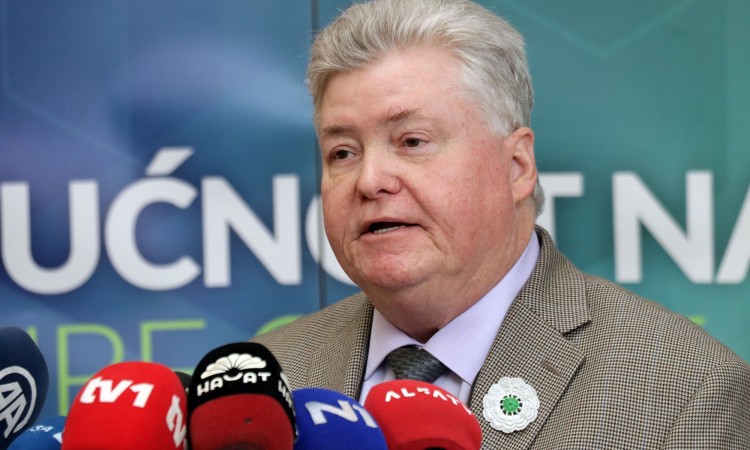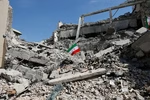
A Law on the Protection of Victims of Torture that the Government of Republika Srpska (RS), Bosnia’s Serb-dominated part, had adopted recently is a deception, as in order to be registered as a victim of torture, people have to the be living in the RS for three years before they apply, philosophy professor David Pettigrew said on Sunday.
Pettigrew, who teaches philosophy and holocaust and genocide studies at the Southern Connecticut State University, said this during a speech at a session of an association of Bosnian academics, Krug 99, titled "The failure of the justice system and restorative justice to victims of torture".
The problem Pettigrew pointed out regarding the law the Government of Bosnia’s semi-autonomous RS entity had passed is that victims of torture do not wish to live on RS territory and that nobody should expect them to.
Many were internally displaced and live in Bosnia’s other semi-autonomous entity, the Federation (FBiH), shared by Bosniaks and Croats, while others live abroad, he said.
"The requirement for registering residency in the RS is exceptionally hypocritical, considering that there is an orchestrated effort in the RS to prevent the return of non-Serbs who were forcibly removed from their homes," Pettigrew said.
A true effort in seeking reparations would be for the RS Government to acknowledge responsibility for the crimes committed in its name, as well as for it to begin implementing state laws which ban the denial of the genocide that took place in the country, he said.
The professor said that Republika Srpska was "established with a genocidal intent to create an ethnically homogenous entity" and that after achieving this goal, the 1995 Dayton Peace Agreement, which ended the war, has recognised the RS, which the professor said was "a reward for a successful genocide."
The President of the Association of Victims and Witnesses to the Genocide, Murat Tahirovic, said that in Bosnia, but also in the entire region, the justice system is especially problematic, as it has been serving politics and creating a chaotic situation.
Serbia and Croatia avoid prosecuting war crimes committed by their own people, and when they do, the trials are often unfair, he said. Bosnia’s State Court, he said, has not been able to prosecute more complex cases in the past decade.
The only fair option would be for Bosnia to adopt a law on protecting victims of torture that would offer all victims the same rights countrywide, Tahirovic said.
"Only the reunification of Bosnia and Herzegovina would enable true legal restorative justice for victims of genocide," professor Pettigrew said, adding that the causes of the crimes - which he said are the establishment, recognition and legitimacy of the RS - need to be explored.
Kakvo je tvoje mišljenje o ovome?
Učestvuj u diskusiji ili pročitaj komentare





 Srbija
Srbija
 Hrvatska
Hrvatska
 Slovenija
Slovenija



























































